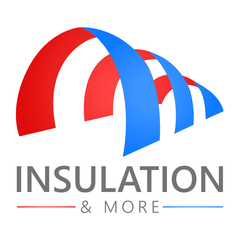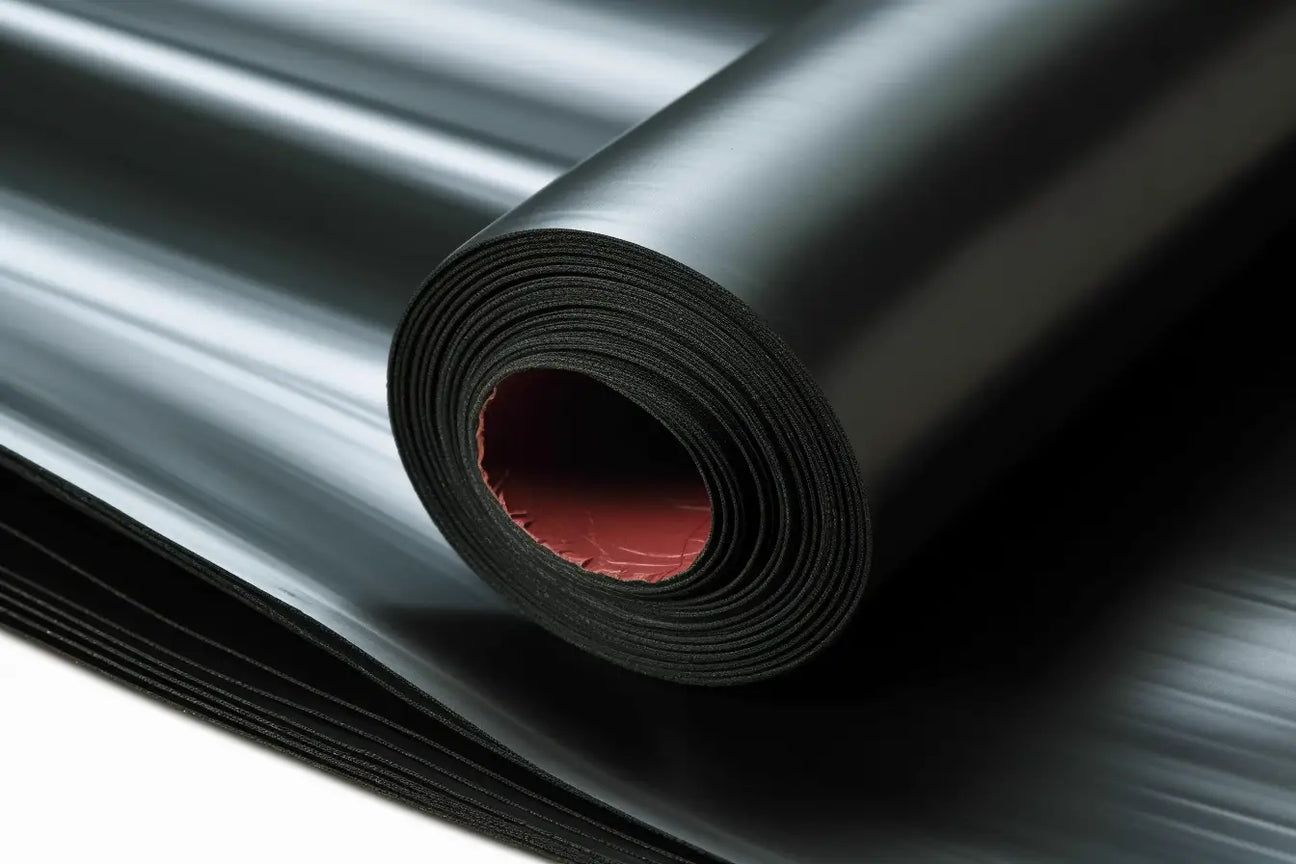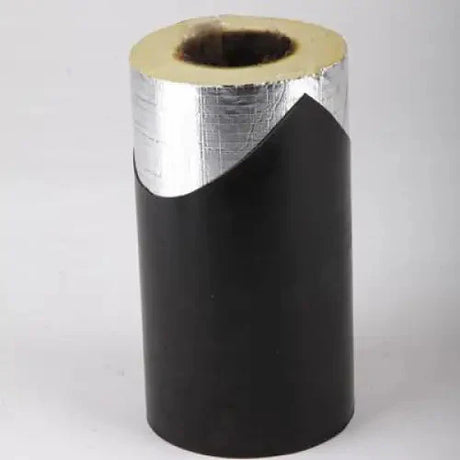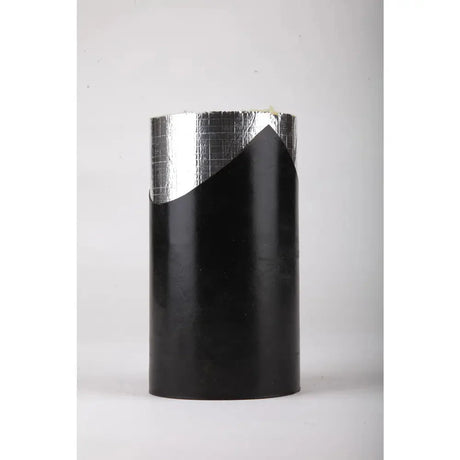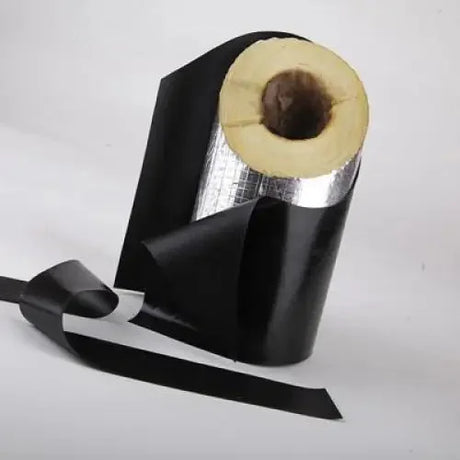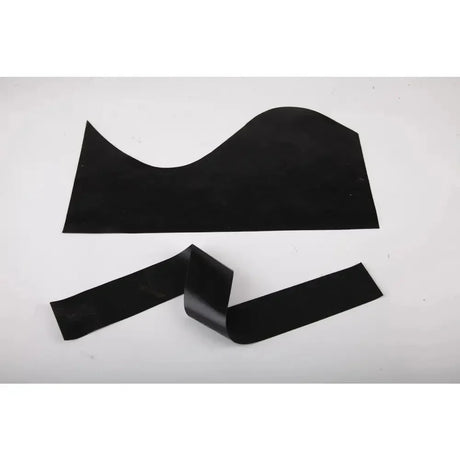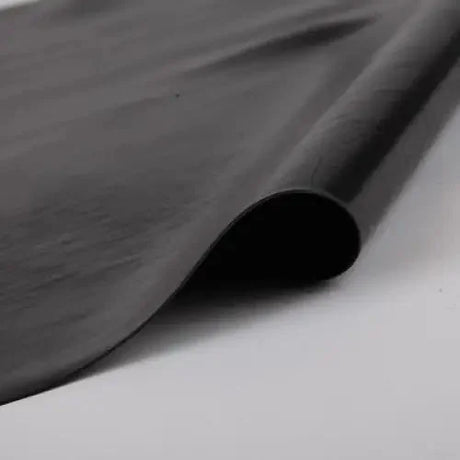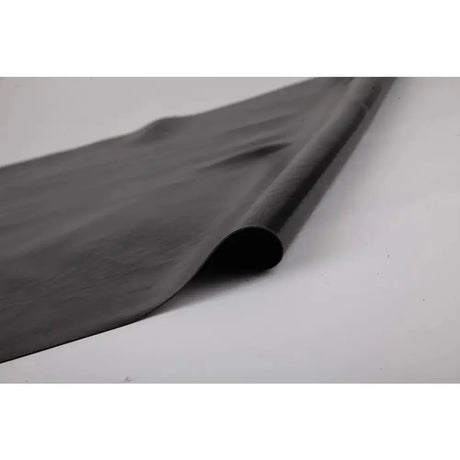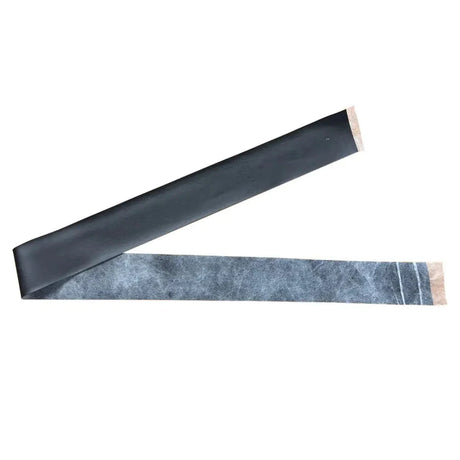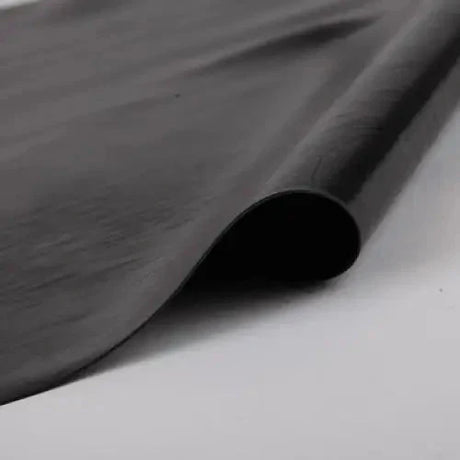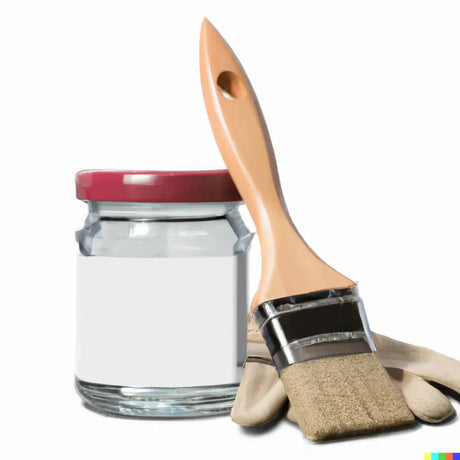Understanding the Versatility of Polyisobutylene (PIB)
Polyisobutylene, commonly known as PIB, is a synthetic, rubber-like substance that has permeated numerous industries due to its unmatched qualities and broad range of applications. In this article, we aim to delve deep into PIB, exploring its fundamental characteristics, myriad uses, and environmental implications.
The Core Nature of PIB
PIB stands as a synthetic elastomer, boasting incredible flexibility and resilience. These elastomers are a subclass of polymers, remarkable for their ability to return to their original form after being deformed by stress. Their inherent flexibility combined with their low stiffness makes them indispensable in various scenarios that demand flexibility and elasticity.
PIB: A Comprehensive Application Spectrum
1. Sealants and Bonding Applications
PIB has garnered immense popularity in the realms of automotive and construction. Its high tackiness, complemented by outstanding water resistance, makes it the go-to choice for both sealing and bonding purposes. The versatility of PIB ensures a watertight seal in various applications, from simple bonding tasks to intricate automotive requirements.
2. A Crucial Component in Tire Manufacturing
The tire industry extensively leverages PIB, either as a curing agent or as a viscosity modifier for diverse rubber compounds. Incorporating PIB into the mix amplifies the tire's overall performance, durability, and strength.
3. Enhancing Lubricants and Greases
The presence of PIB as a thickening agent in lubricants and greases augments their viscosity while fortifying resistance to shear. By minimizing friction between moving components, PIB plays an instrumental role in prolonging the lifespan of machinery and other equipment.
4. PIB in Insulation Cladding
As an insulation cladding material, PIB is revered for its unparalleled moisture resistance, which effectively combats the detrimental impacts of moisture on insulation. Its adaptability ensures a snug fit around diverse equipment forms, from intricate machinery to expansive industrial pipes. Its inherent durability, tackiness, and ability to brave varying temperatures make it a first-choice solution for industries such as HVAC, oil and gas, and petrochemical sectors.
5. PIB in Personal Care
Beyond its industrial applications, PIB finds its way into the world of cosmetics. Owing to its unique water-repelling and texture-enhancing traits, PIB is often a key ingredient in products like lip balms, lipsticks, and certain hair care commodities.
Environmental Impact: Is PIB Sustainable?
Though PIB is an elastomer and differs from plastics, its environmental footprint cannot be overlooked. As a non-biodegradable material derived from the non-renewable resource of petroleum, PIB's production demands high energy and results in greenhouse gas emissions. This naturally raises concerns about its environmental sustainability.
While PIB may not be the most environmentally friendly material on its own, it does possess qualities that can boost sustainability in specific contexts. Its ability to prevent water damage and its long-lasting nature can lead to extended product lifespans, thereby mitigating the frequency of replacements.
Shielding Against UV Radiation
One of PIB's remarkable attributes is its resistance to ultraviolet (UV) radiation, ensuring longevity, especially in outdoor applications. This resistance can be attributed to its high molecular weight and minimal unsaturation levels, safeguarding it from potential degradation. However, the exact degree of UV resistance can vary based on the specific PIB formulation and external factors like heat and moisture.
Final Notes about Polyisobutylene
Polyisobutylene (PIB) stands out in the panorama of synthetic materials. Its myriad applications, from insulation cladding to personal care products, underscore its versatility and efficiency. While environmental concerns accompany its usage, the benefits it brings to various industries are undeniable. Like all materials, a holistic view of its lifecycle, from its production to disposal, is pivotal in comprehending its broader impact.
F.A.Q.
What is PIB and why is it significant in the insulation industry?
PIB, or Polyisobutylene, is a synthetic, rubber-like elastomer known for its exceptional flexibility, resilience, and low stiffness. As an insulation cladding material, PIB offers unparalleled moisture resistance, which is crucial in guarding insulation against the harmful effects of moisture. Its adaptability, durability, and resistance to various temperatures make it a preferred solution in industries such as HVAC, oil and gas, and petrochemical sectors.
How does PIB contribute to soundproofing and insulation?
PIB is revered for its moisture-resistant properties, ensuring that insulation remains effective and uncompromised by damp conditions. Its inherent tackiness and adaptability allow it to provide a snug fit around equipment, from machinery to expansive industrial pipes, effectively reducing sound transmission and maintaining temperature stability.
Apart from insulation, what are some other applications of PIB?
Polyisobutylene is versatile, finding uses in automotive and construction sectors for sealing and bonding, tire manufacturing as a curing agent or viscosity modifier, in lubricants and greases as a thickening agent, and even in the cosmetics industry as a key ingredient in products like lip balms and lipsticks due to its water-repelling and texture-enhancing properties.
Is PIB environmentally sustainable?
PIB, while being a non-biodegradable material derived from petroleum, can boost sustainability in specific applications. Its attributes like preventing water damage and its durable nature can lead to longer product lifespans, reducing the need for frequent replacements. However, its production is associated with high energy consumption and greenhouse gas emissions, so its environmental impact is a mixed consideration.
How does PIB fare against ultraviolet (UV) radiation?
One of the standout characteristics of PIB is its resistance to ultraviolet (UV) radiation, ensuring its longevity, especially in outdoor applications. This UV resistance, resulting from its high molecular weight and minimal unsaturation levels, protects it from potential degradation. Nevertheless, the exact level of UV resistance can vary depending on the specific PIB formulation and other external factors like heat and moisture.
How does PIB insulation compare to other insulation materials in terms of performance?
PIB insulation offers a unique combination of flexibility, moisture resistance, and adaptability. While other insulation materials might excel in one of these areas, PIB provides a holistic solution, especially for intricate installations like machinery or industrial pipes. Its resistance to varying temperatures also makes it stand out, offering consistent performance in diverse conditions.
Can PIB insulation be used for both residential and industrial applications?
Absolutely. While PIB insulation is highly revered in industrial contexts such as HVAC, oil and gas, and petrochemical sectors, its superior moisture resistance and soundproofing qualities also make it a suitable choice for residential applications, particularly in areas prone to dampness or where effective sound insulation is crucial.
Are there any specific maintenance or care instructions for PIB cladding and insulation products?
PIB cladding and insulation products are designed for durability. However, periodic visual inspections are recommended to check for any signs of damage or wear. Cleaning can be done using a mild detergent solution and soft cloth, avoiding abrasive materials. If any damage is detected, it's essential to consult the manufacturer or a professional for repair or replacement recommendations.
What brands offer PIB products on "Insulation & More"?
At Insulation & More we stock a range of PIB sheeting and products from different brands. Some notable brands include Scapa our in-house products. Please browse our online catalogue or contact customer service at 01792 209987 for detailed information on specific products.
With the concern over non-biodegradable materials, are there any recycling solutions or alternatives for used or discarded PIB products?
While PIB is non-biodegradable and primarily derived from petroleum, some advancements in recycling techniques might be applicable, depending on the region and available facilities. It's essential to contact local recycling centers or waste management entities for guidance on PIB product disposal. Some industries are also researching potential biodegradable alternatives or more sustainable production methods for elastomers like PIB.
